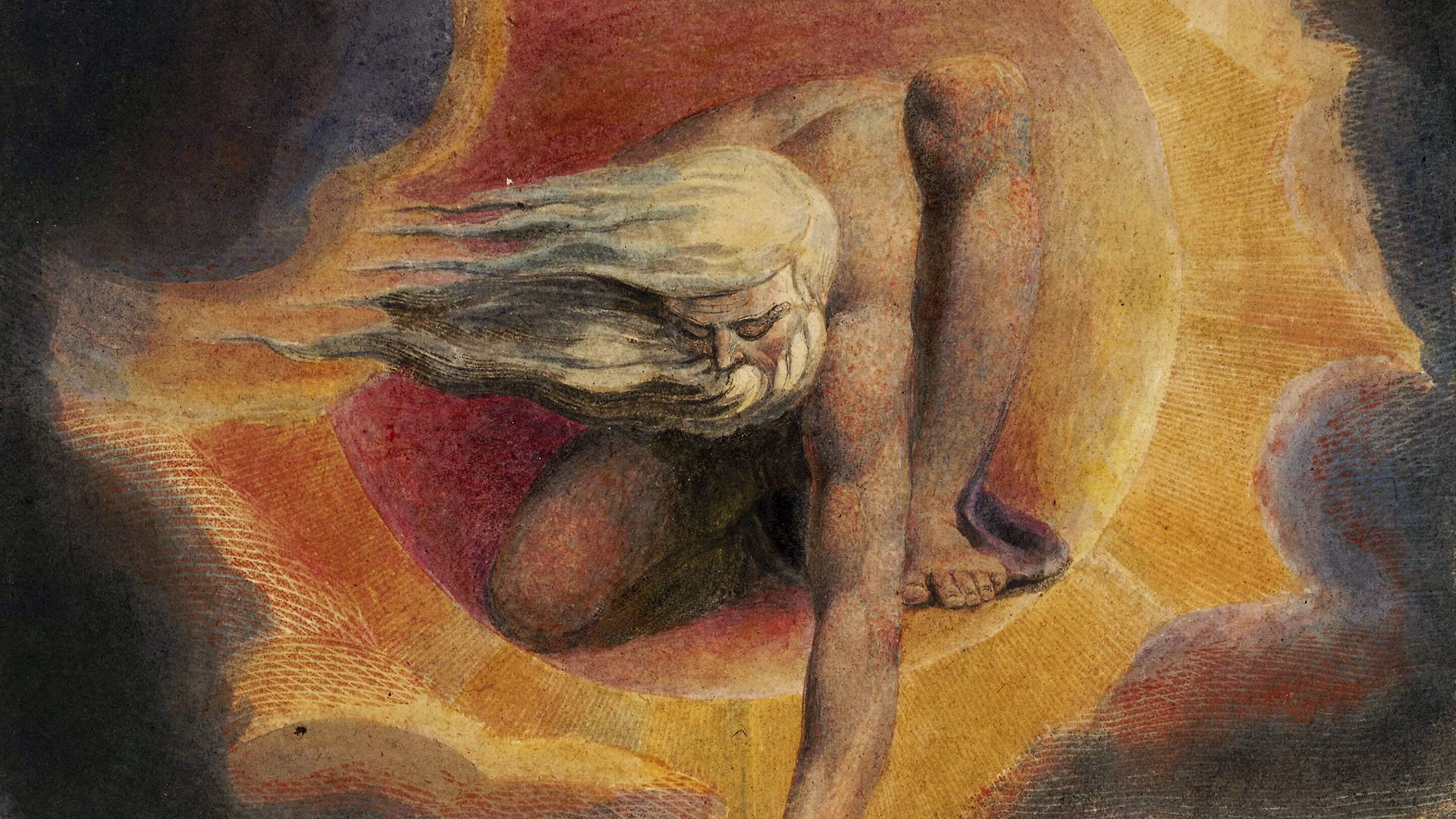Why I am an atheist

I wrote the below in 2017, and rereading it in 2024 I mostly agree with all that it says. I am a Radical atheist, and have been as long as I can remember. When you have views that a lot of people disagree with (and there are still a lot of religious people in the world) I think it’s important to work out why you have the views you do. Have you thought about them deeply? Have you considered you may be wrong? Here I am trying to do exactly that — to clearly state why I am an atheist. This video of Bertrand Russellgiving his own reasons for this atheism is rather marvelous and well worth watching if you haven’t done so already.
- Religion is a historical artifact of the development of mankind. Homo sapiens like to have the answers to questions, and in much of our history there have been many big questions to which the only satisfactory answer was the actions of a god or gods.
- There are still some big questions but today the god answer seems highly unsatisfactory. It only works because people stop asking questions once they get to the “god” answer. For me the “god” answer is no good because it only leads to other questions that have very unsatisfactory answers.
- God and gods are anthropomorphisations. It’s natural to anthropomorphise things — when my computer breaks I sometimes feel anger at it, but that’s just a dumb ape reaction. To me the idea that there is an entity that (for example) cares about you and me, or made everything, is just ape thinking.
- The fundamental question is “does a god or gods exist?”. For a whole host of reasons (and I’ve thought about it a lot) my answer to that question is no. The question to me is equivalent to “do fairies exist?”. They are just an invention of the imagination. So I am an atheist.
- Teaching superstitious and magical thinking to children is wrong. So I’m both atheist and anti-theist (with the proviso that you need to be sensitive to others, so I try not to be a jerk about it).
- Some people’s brains work differently. They do not think like me. Some people have very difficult lives. Their faith helps them. I dislike it but appreciate that it is fundamental to the way some people think, and if it helps them get through the day then it has value (to them).
- A big misunderstanding on behalf of many religious people is that you can’t have morals if you don’t have religion, and that religion is the source of all moral values. This is dangerous because religions, whilst providing good answers for some moral questions, provide the wrong answers for many of them.
- If you think like I do them Jesus was a man expressing views that have some truth and universal appeal — he was a great philosopher. But he was just a man, and his thoughts about how we should behave did not come from a supernatural being but from common sense and a good awareness of many of the better qualities of humans.
- The idea that ethics cannot be logically or rationally derived is just wrong. The field of ethical philosophy does not use religion as its basis. A good introduction to religion-free ethics is Practical ethics by Peter Singer.
The image I have chosen to go with this note is William Blake’s The Ancient of Days. People often think it shows the Christian god, but actually it is Blake’s own god Urizen (“your reason”). I find the idea of having your own gods wonderfully eccentric and creative. The writer Alan Moore also has own personal god, Glycon.